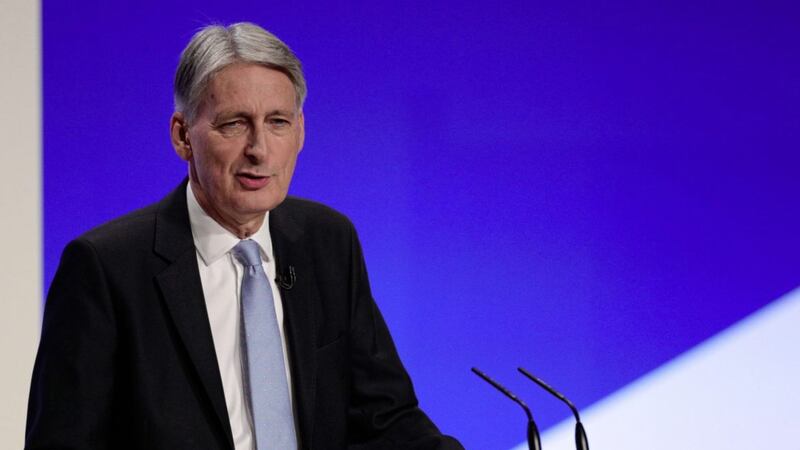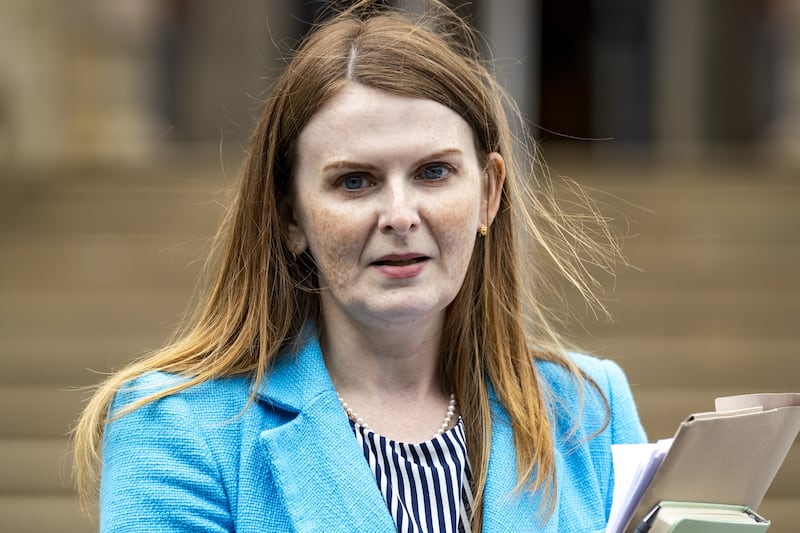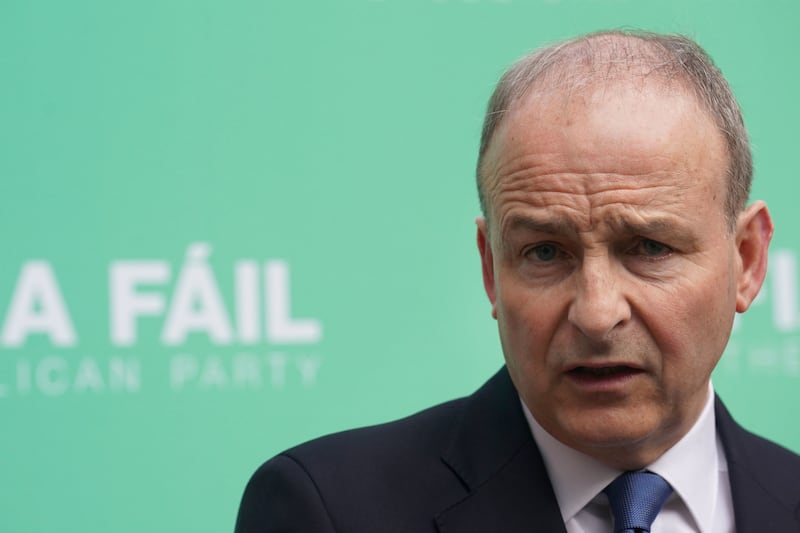UK Government borrowing in September fell to its lowest level since 2007, giving Chancellor Philip Hammond a dose of good news ahead of his budget later this month.
Public sector net borrowing, excluding state-owned banks, fell by £800 million in September to £4.1 billion, the Office for National Statistics said on Friday.
This was the lowest September borrowing since 2007 and better than the £4.5bn economists had expected.
The ONS said borrowing in the financial year to date was £19.9bn, which is £10.7bn less than in the same period in 2017.
The number, which covers the period between April to September this year, was the lowest year-to-date figure since 2002.
If current trends continue, economists expect borrowing to total around £25.9bn this year, equivalent to 1.2 per cent of GDP, £11.1bn less than forecast.
Howard Archer, chief economic adviser to the EY ITEM Club, said: "Helpful news for Chancellor Philip Hammond as he prepares his 29 October budget as the public finances saw a lower year-on-year shortfall in September, thereby completing a markedly improved performance over the first half of fiscal year 2018/19."
The Government has been trying to reduce the budget deficit through cuts and tax hikes, but now also has Brexit to contend with, which could blow a hole through public finances.
Samuel Tombs, chief UK economist at Pantheon Macroeconomics, said: "The public finances have continued to improve rapidly this year, enabling the Chancellor to accommodate plans for higher NHS spending without raising other taxes or cutting spending in other departments more aggressively over the next couple of years.
"Real-terms increases in NHS spending mean other departments will have to endure further cuts, but Mr Hammond needn't intensify them."
John Hawksworth, chief economist at PwC added:
"This borrowing undershoot should give the Chancellor a little extra wiggle room for his Budget, but it will not be enough on its own to cover the cost of announced increases in spending on the NHS, let alone other priority areas where there is pressure to bring austerity to an end. The Budget is therefore still likely to require some tough choices between net tax rises, higher borrowing in the medium term and allowing austerity to continue in parts of the public sector."








